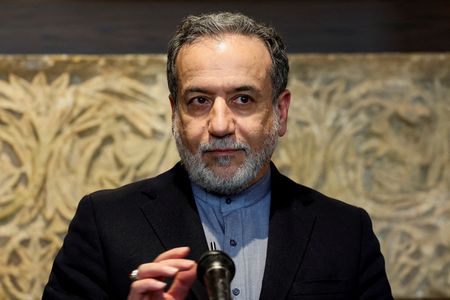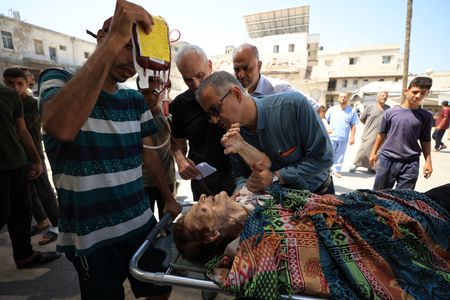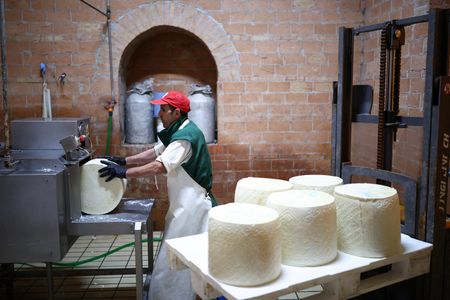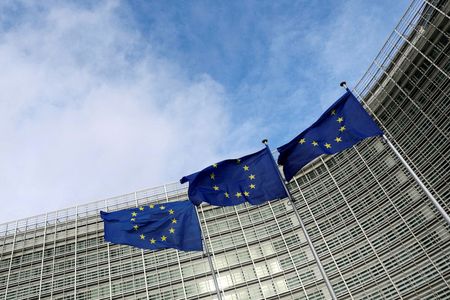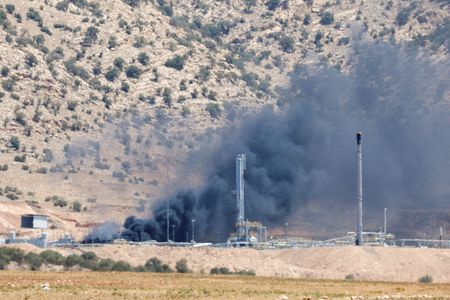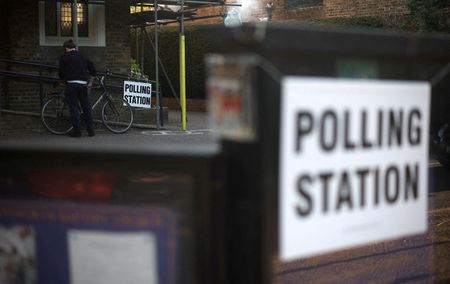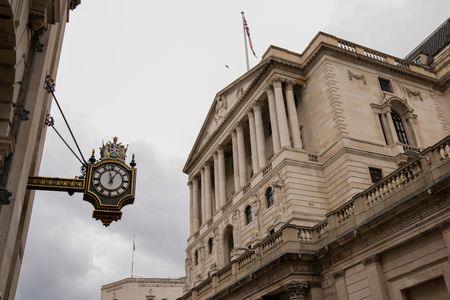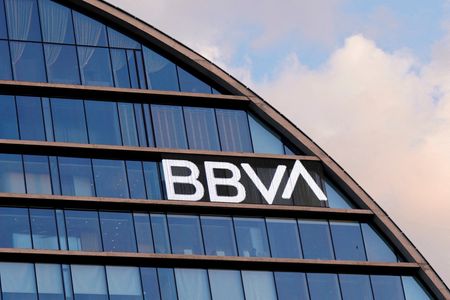By Parisa Hafezi
DUBAI (Reuters) – Abbas Araqchi, Iran’s seasoned top diplomat, faces one of his most delicate challenges ever this weekend as he prepares to lead talks with the U.S. to secure a new nuclear deal and avert a military strike against the Islamic Republic.
His country’s clerical establishment is approaching the talks in Oman warily, sceptical of progress and suspicious of U.S. President Donald Trump, who has repeatedly threatened to bomb if no deal is reached.
Whether the talks are direct, as Trump says they will be, or indirect, as Tehran insists, Araqchi will be squaring off with U.S. envoy Steve Witkoff, a real estate magnate without previous experience in foreign policy – let alone of the thorny, long-running dispute over Iran’s nuclear ambitions.
The stakes could hardly be higher for Araqchi, the scion of an Isfahan bazaar family who joined Iran’s 1979 Islamic Revolution as a teenager and fought in the 1980s Iran-Iraq war before embarking on a dazzling diplomatic career.
Although there is little optimism in Tehran that the talks will go far, the political establishment appears confident in Araqchi’s ability to play Iran’s hand with deftness and guile.
“Araqchi is the right person in the right position at the right time,” said Iran-based analyst Saeed Leylaz, who is also a political insider.
“He is one of the most powerful foreign ministers in the Islamic Republic’s history, with full authority from the supreme leader and a deep knowledge about all aspects of the nuclear issue.”
Picked as foreign minister last year by new President Masoud Pezeshkian, the mild-mannered Araqchi cultivated a reputation as a master of tough negotiations when playing a key role in talks that led to a nuclear agreement in 2015.
Western diplomats involved in the talks between Iran and six world powers described him as “serious, technically knowledgeable and a straightforward diplomat”.
The agreement, which traded sanctions relief for curbs on Iran’s uranium enrichment programme, was torn up by Trump in 2018 during his first White House term and the crippling sanctions were reimposed.
Araqchi was also the point man for ultimately unsuccessful indirect talks meant to resurrect the deal during U.S. President Joe Biden’s 2021-25 administration, but was replaced with an anti-Western hardliner.
Soon afterwards, Araqchi was named secretary of Iran’s Strategic Council on Foreign Relations – a key body advising Supreme Leader Ayatollah Ali Khamenei, pulling him into the inner orbit of the country’s ultimate authority.
AN INSIDER
Born in Tehran in 1962 to a wealthy religious merchant family, Araqchi was only 17 when the Islamic Revolution washed over Iran and filled many of its youth with radical fervour.
Inspired by the ousting of the U.S.-backed Shah’s dynastic regime and the promise of a new future, he enlisted in the Islamic Revolutionary Guard Corps, Iran’s military vanguard, to fight in the bloody attrition of the 1980-88 war with Iraq.
After the conflict ended he joined Iran’s foreign ministry in 1989 and served as ambassador in Finland from 1999-2003 and Japan from 2007-11 before becoming Foreign Ministry spokesman in 2013.
He took a doctorate in politics from the University of Kent in Britain and was appointed deputy foreign minister in 2013.
A devout Muslim who staunchly believes in the ideals of the Islamic Revolution, Araqchi has served under presidents whose instincts have ranged from pragmatic to hardline.
Throughout his tenure, Iran’s relationship with the wider world has been partly defined by its nuclear programme – which it says is only for civilian purposes but many Western countries maintain is aimed at developing the means to build atomic bombs.
His reputation in Tehran may shield him from internal criticism if Iran is forced to concede on key issues in the talks with the United States.
Despite being a political insider with close ties to Khamenei, Araqchi has kept himself distant from “political frays and infighting” between factions, according to a senior Iranian official.
“He has good relations with the supreme leader, the Revolutionary Guards and all political factions in Iran,” the official said.
Araqchi has two sons and a daughter from his first marriage and a daughter from his second one.
(Reporting and writing by Parisa Hafezi; editing by Angus McDowall and Mark Heinrich)

